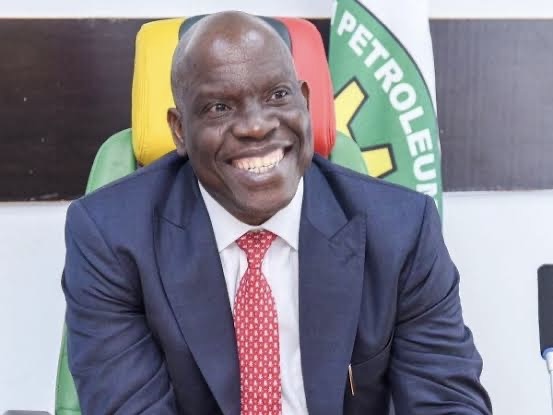KEY POINTS
- Energy sector watchdog CEMSR praises the NUPRC for reforms that have improved investor confidence and restored predictability in Nigeria’s upstream sector.
- The group says faster approvals, stronger compliance systems and greater transparency have attracted renewed interest from global oil operators.
- CEMSR urges continued support for the regulator, noting that its digital tools, tighter enforcement and clearer licensing approach are reshaping industry expectations.
The Nigerian Upstream Petroleum Regulatory Commission, NUPRC, is drawing fresh commendation from policy analysts and industry watchers after a year marked by structural reform and a firmer regulatory stance that has begun to reshape the country’s oil and gas landscape.
In a statement issued on Wednesday, the Centre for Energy Market Stability and Reforms said the commission, led by Chief Executive Gbenga Komolafe, had delivered some of the most decisive regulatory strides seen in more than ten years.
The group’s Executive Director, Musa Garuba, noted that a mix of clearer rules, tighter oversight and faster decision-making had helped restore predictability to an industry long unsettled by opaque procedures and recurring operational delays.
Garuba said the NUPRC new posture had provided investors with reassurance that the upstream environment was becoming more orderly and responsive.
He pointed to accelerated approvals, stronger compliance systems and the removal of long-standing bottlenecks as central to the renewed optimism now surfacing among both domestic and international operators.
Regulator’s digital push and tighter enforcement reshape investor expectations
CEMSR highlighted what it described as tangible operational gains at the commission, including more credible production data and firmer asset monitoring. The group said these improvements had helped rebuild confidence in Nigeria’s reporting systems, which investors often complained were inconsistent and difficult to verify.
Garuba also emphasised the commission’s approach to licensing, saying its insistence on transparency and equal access had softened long-standing concerns that rounds were prone to political interference or discretionary allocations.
He said the licensing exercise scheduled for December 2025 was likely to attract substantial attention from global players, partly because the regulator had made a deliberate effort to communicate with a level of clarity rarely seen in the past.
According to him, the market is gradually recognising a regulatory agency that is not only enforcing rules more rigorously but also willing to engage openly with operators on policy direction and compliance expectations. This, he argued, is already being reflected in production performance, which the group expects to stabilise further as reforms deepen.



